Guest post by Cyanne E. Loyle

Lord’s Resistance Army (LRA) commander, Dominic Ongwen, surrendered to U.S. forces in the Central African Republic in early January 2015. Ongwen has been wanted by the International Criminal Court since 2005 on seven charges of crimes against humanity and war crimes. While the evidence against him is strong, his case raises many serious questions about the role of the ICC in ongoing conflict, the potential benefits of amnesty and the impact of international law on post-conflict reconciliation.
The LRA conflict in Northern Uganda is characterized by its extreme violations of human rights including the forced abduction of children, mutilation, sexual violence and massive population displacement. The Internet popularity of Invisible Children’s Kony 2012 video (receiving nearly 100 million views on YouTube) and U.S. military support [1] for efforts to locate and arrest LRA leader, Joseph Kony, has kept the conflict in the international news. Yet now it is the ICC and international law which are coming under fire.
As part of the war effort in 2004 the Government of Uganda referred the case of the LRA to the ICC and indictments were issued for five top LRA commanders, including Kony himself, in 2005. Despite the clear, widespread and systematic violations of human rights on the part of the LRA, this has always been a tricky case for the ICC. For one, critics highlight the atrocities committed on the part of the Uganda government and call-out the ICC for its seeming pro-state bias as indictments have focused solely on LRA crimes. Furthermore, outstanding indictments by the ICC are largely credited with stymieing the 2006 Juba Peace talks as Joseph Kony was unwilling to surrender or disarm while an arrest warrant was outstanding. This drew attention to the potentially harmful role that the ICC plays when it gets involved in ongoing armed conflicts. And finally, the Uganda case presents a challenge to the ICC’s notion of complementarity—the principal that the ICC will intervene only when a domestic justice system is unable or unwilling to prosecute certain crimes. Since the original arrest warrants were issued, the Uganda government has created and implemented the International Crimes Division, a branch of the judiciary dedicated specifically to the prosecution of violations of international law.
A further complication to the Ongwen case and challenge to the ICC has been the 2000 Amnesty Act. In 2000, the Uganda government implemented a broad-based amnesty law which gives blanket amnesty to all rebels (including LRA members) who willingly surrender and renounce their participation in armed rebellion against the state. By many accounts Ongwen should be eligible for amnesty under the Amnesty Act as he has willingly surrendered. Yet, the Act has been controversial in Uganda. It denies an investigation or more systematic form of justice to victims by merely providing a pardon for rebels without accountability. The Act provides a start up package for returning rebels which includes a minimal amount of monetary compensation and farming supplies while support for victims remains marginal. And the Act has been inconsistently applied, as in the case of Thomas Kwoyelo who has been detained and released on multiple occasions pending a final ruling on his eligibility for amnesty from the Ugandan High Court. This inconsistency has lead to claims that amnesty is merely a tool of the Uganda government used to weaken the LRA rather than to genuinely reconcile with returning soldiers, a point I make in my own work on the use of judicial processes during ongoing armed conflict in Uganda. Broader patterns from my ongoing collaborative work on government judicial behavior during conflict support this finding. [2]
Probably no issue complicates the Ongwen case more than Ongwen himself. Ongwen was a child soldier. By most accounts he was kidnapped by the LRA on his walk to school when he was 10 years old. Yet during his time with the LRA he rose through the ranks to become a brigadier commander, the highest rank below Kony himself, and he is accused of being one of the organizers behind a massacre of civilians in an IDP camp in Northern Uganda in 2004. Based on his history, to what extent is he responsible for his actions and how should be he held to account? This is an issue of great political and social importance for Uganda today.
Ongwen’s complicated relationship with the LRA has added further steam to tensions between supporters of international law versus domestic accountability. Recent surveys in the Acholi region of Northern Uganda find that victims of LRA violence favor bringing Ongwen back to Uganda to face more traditional forms of justice such as Mato Oput—a local ceremony which focuses on forgiveness and reconciliation over punishment. These victims argue that international justice does not address local legacies of violence and potentially puts unjust blame on child soldiers. Many residents of Northern Uganda still anxiously await the potential return of their own children from the LRA. The Uganda government has been inconsistent in its support for the Ongwen case at the ICC, but recently has agreed to support the case as it progresses.
Moving forward, the ICC, its international backers and the Uganda government will have to make some difficult choices, setting a precedent for future LRA arrests and surrenders as well as the other ethical challenges that international accountability will face in years to come.
[1] Jeffrey Gettleman “In Vast Jungle, U.S. Troops Aid in Search for Kony”. New York Times. April 29, 2012. And Helene Cooper. “More U.S. Troops to Aid Uganda Search for Kony”. New York Times. March 23, 2014 [2] A new data collection project with Helga Malmin Binningsbø, Scott Gates and myself looks at the use of different justice options while armed conflict is ongoing. http://www.justice-data.com These processes have important implications for peace and rule-of-law once the conflict has ended.Cyanne E. Loyle is an Assistant Professor of Political Science and International Studies at West Virginia University.

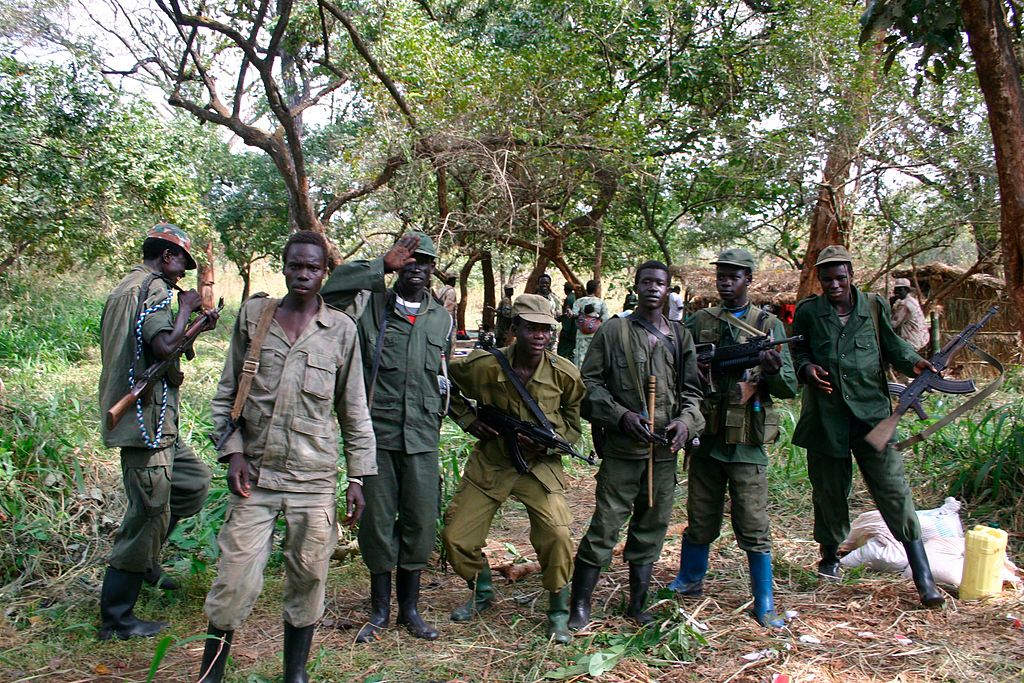
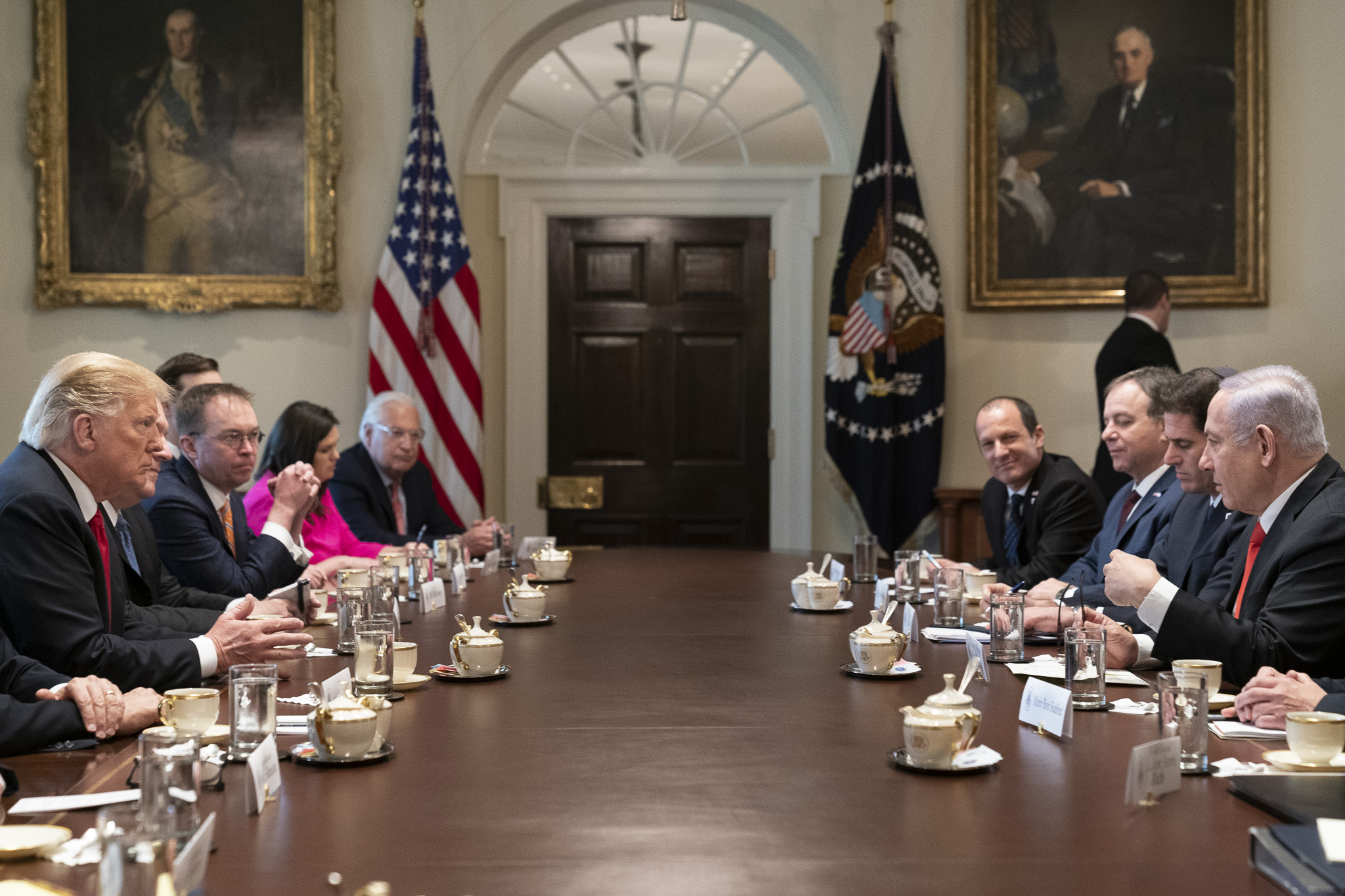

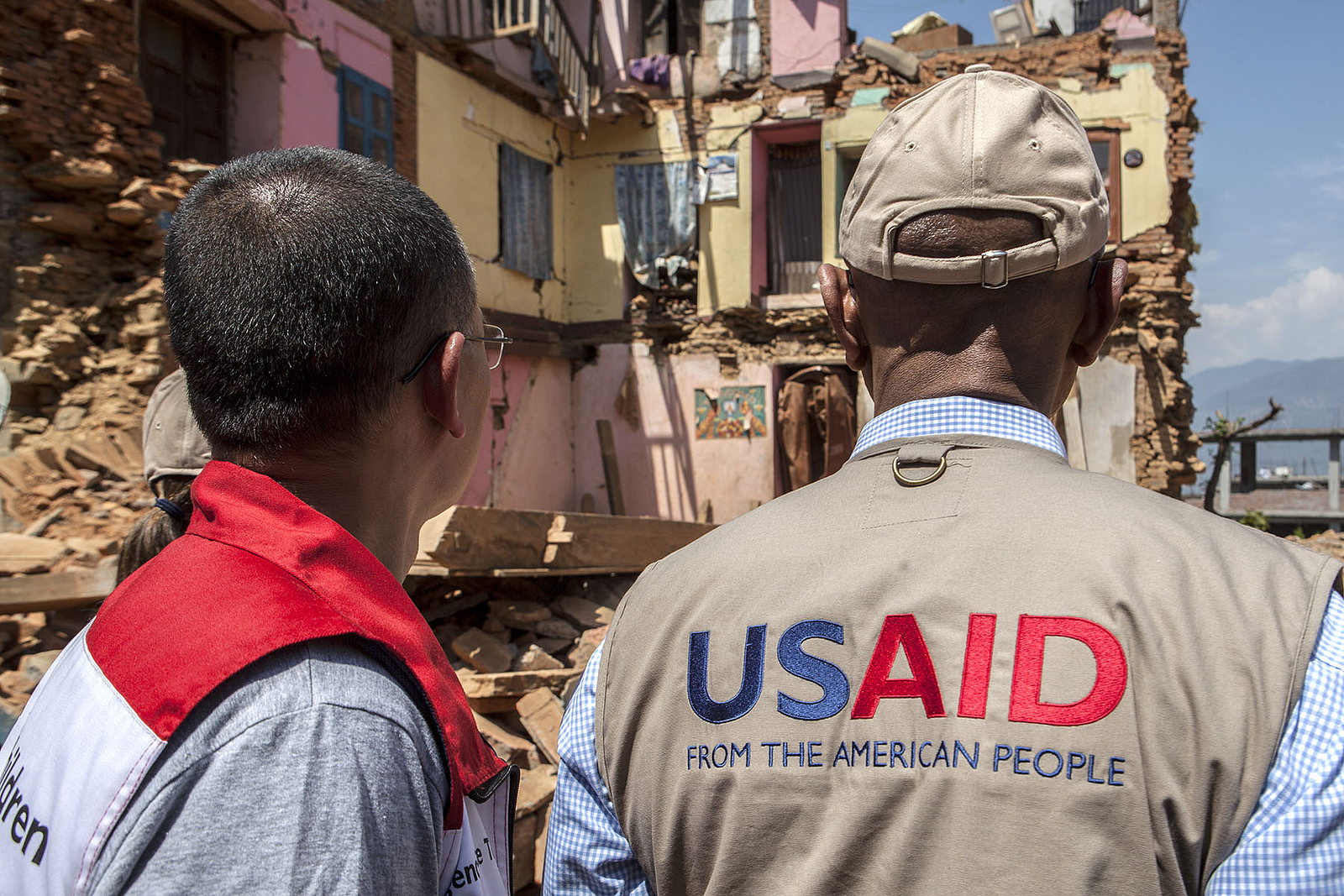
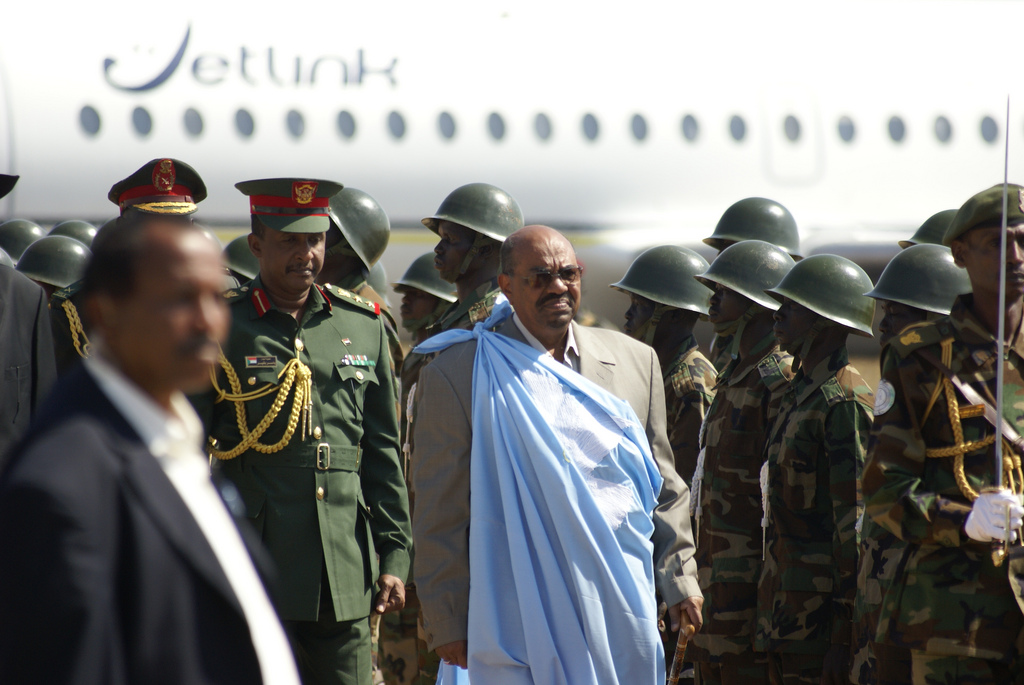
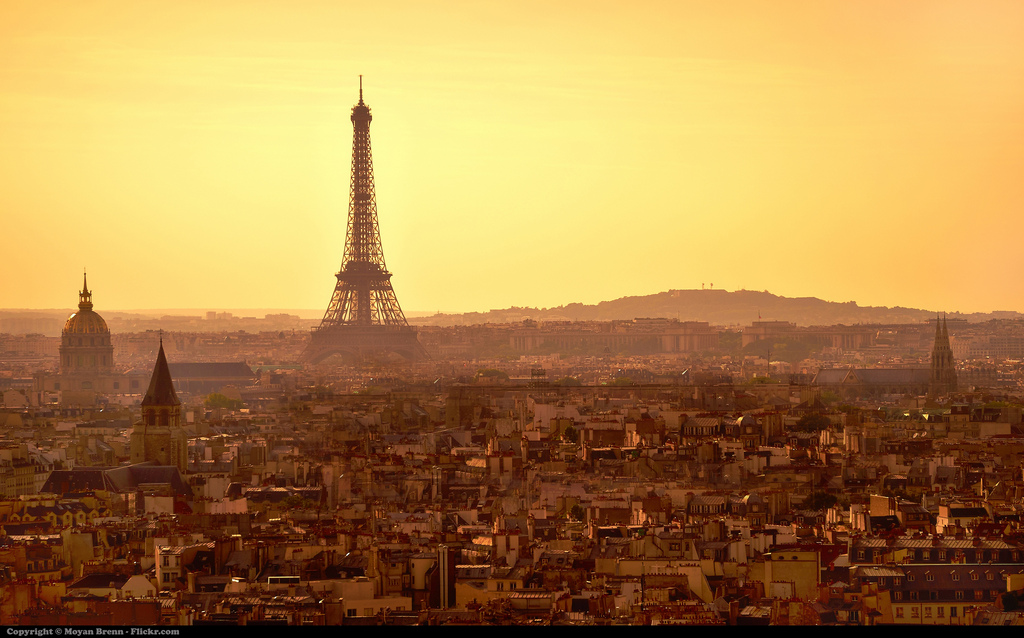
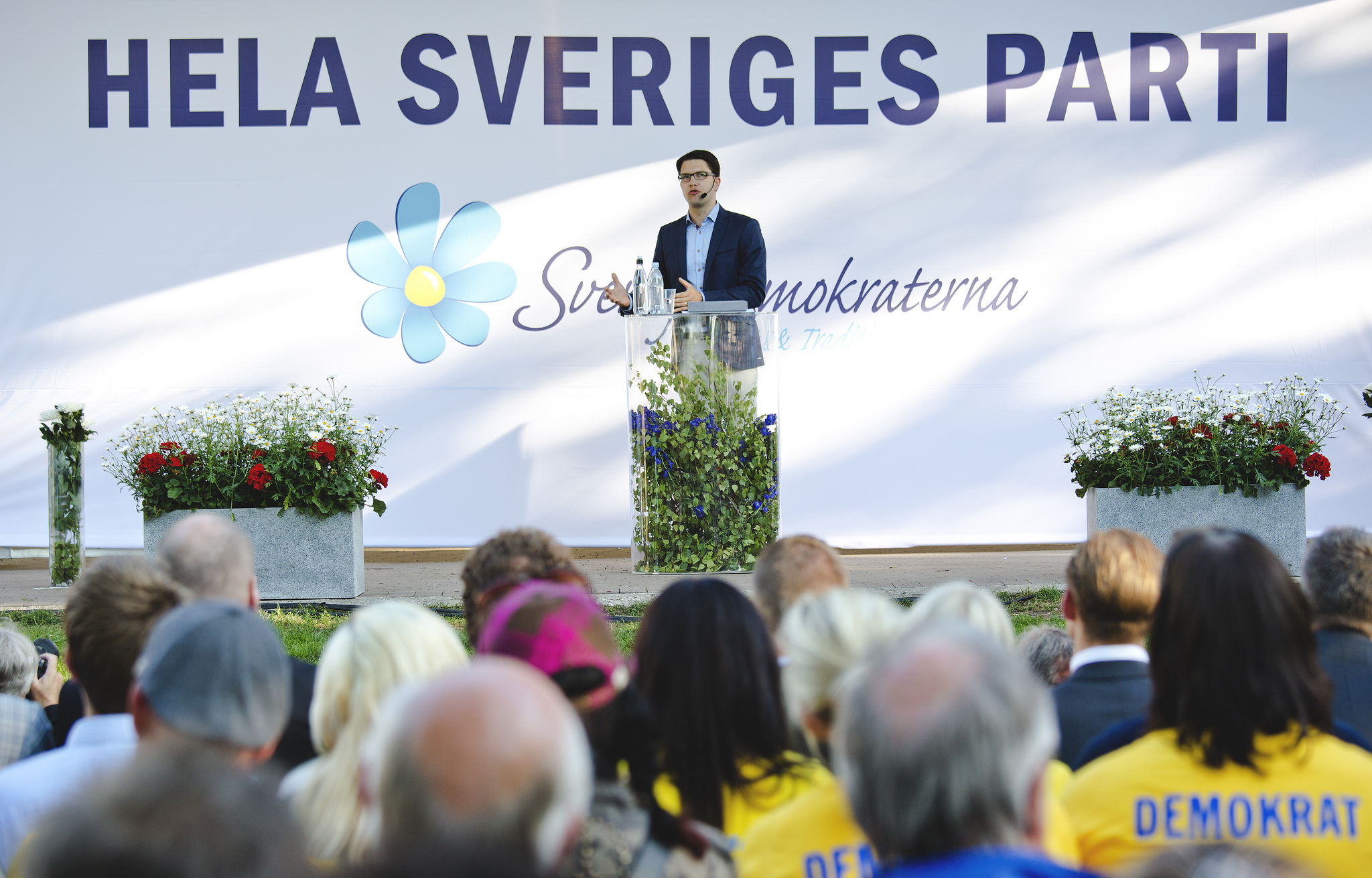
1 comment
This was very interesting and informative! Thank you for sharing?